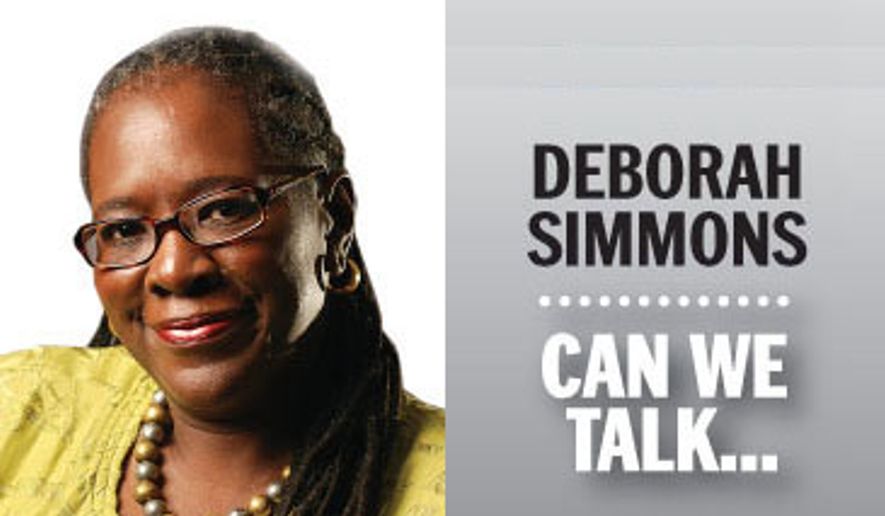ANALYSIS/OPINION:
Donald Trump wants them, and Hillary Clinton courts them. They’ve been a Wall Street fave ever since ad men realized that TV captured the attention of indulgent baby-boomer parents and their children alike.
Who are they?
They are the 18- to 34-year-old voters who could propel Hillary or Donald into the White House, as they did Barack Obama in 2008 and 2012. They are also leaders. That is to say, Wall Street and its followers are captivated by millennials, and, interesting enough, black millennials are not only strong leaders of what’s called a “viral vanguard” but giants of social change and social media.
That’s the bottom line of a new study by the Nielsen TV audience-measuring company, titled “Young, Connected and Black: African-American Millennials Are Driving Social Change and Leading Digital Advancement.”
Playing off the song “To Be Young, Gifted and Black,” co-written by songstress Nina Simone and poet Weldon Irvine, the study says that mobile technology is allowing black millennials to direct their buying power. In short, they are not merely snapping viral videos, and expressing their opinions on Twitter and Facebook. These well-connected people are putting their money behind their actions.
According to the Nielsen folks, black millennials have a lot going for themselves, including:
1) An estimated $162 billion in buying power.
2) Representing 14 percent of 83.1 million U.S. millennials.
3) Representing part of a key voting bloc in local, state and national elections.
Republican and Democratic leaders are trying their darndest to appeal to millennials, which apparently is anything and everything. This year, the political tents don’t seem to be big enough for millennials in general and black millennials in particular.
That could be because black millennials are neither as conservative nor as liberal as their parents.
You know, they like the center. Many of them were weaned on different perspectives — with the HIV/AIDS crisis killing friends and relatives and the war on drugs locking up the same, divorce and blended families, latchkey living, TV and video games as babysitters, public schooling as “the” teacher, school busing as a necessity, industries drying up and jobs being trotted overseas.
They attended college, as instructed, and are receiving the benefits. And while many have yet to leave the nest their parents made on their behalf, they are as culturally and socially conscious as their hippie predecessors — and far more tech-savvy.
They are replacing home-cooked meals with online grocery deliveries, local taxi companies with urban-centered Uber and Lyft, and when Apple begins marketing a new iPad or iPhone, they are the first willing to spend the bucks.
Where do they live? Well, hashtag this: The top five markets for black millennials are New York, Atlanta, Chicago, the District of Columbia, and Miami/Fort Lauderdale.
Moreover, the Nielsen study dug deep into the so-called digital divide to uncover these facts about black millennials, who have clearly closed the digital divide:
1) Black millennials are 25 percent more likely than all millennials to say they are among the first of their friends and colleagues to try new technology products.
2) African-American smartphone users (91 percent) are second only to their Asian-American counterparts (94 percent).
3) Ninety-one percent of blacks access the internet on a mobile device, up from 86 percent in 2015.
Meanwhile, Hillary Clinton proposes to close the digital divide by creating an entitlement of “affordable broadband with speeds sufficient to meet families’ needs” in their own homes.
How generous. Too generous.
Black millennials didn’t wait for the Bush or Obama administrations to close the digital divide, and I certainly hope they won’t wait for the next president.
Indeed, at the rate they’re moving, it has become quite clear why millennials also are considered the “me generation.”
Some members of older generations may not appreciate their cultural or social positions, but give them credit: They are better connected than Americans ever were.
The Donald’s penchant for tweeting proves as much.
• Deborah Simmons can be contacted at dsimmons@washingtontimes.com.
• Deborah Simmons can be reached at dsimmons@washingtontimes.com.




Please read our comment policy before commenting.